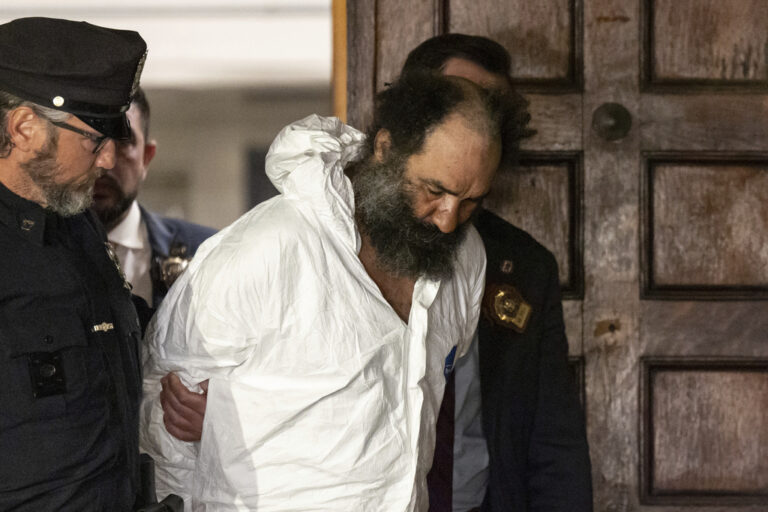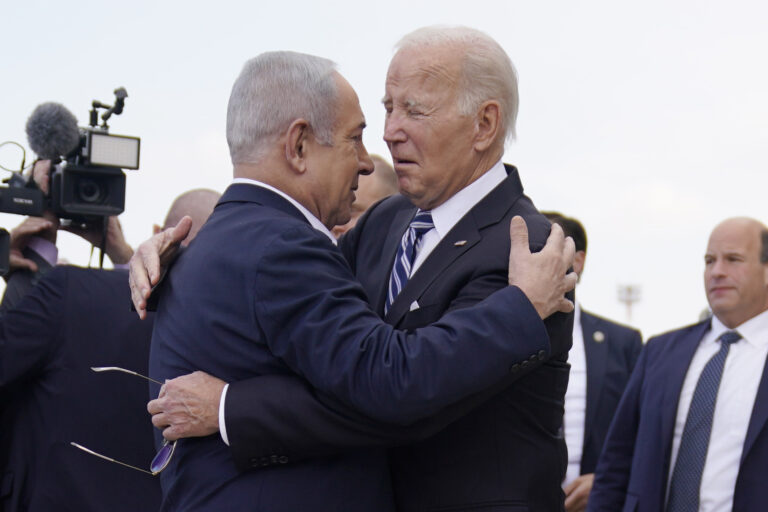 The Obama administration punched a new series of holes in the U.S. trade embargo on Cuba on Tuesday, removing the last meaningful restrictions on travel and enacting other changes to expand U.S. commerce with the island. The sweeping shift comes ahead of an historic three-day trip to Cuba that President Barack Obama will begin on Sunday.
The Obama administration punched a new series of holes in the U.S. trade embargo on Cuba on Tuesday, removing the last meaningful restrictions on travel and enacting other changes to expand U.S. commerce with the island. The sweeping shift comes ahead of an historic three-day trip to Cuba that President Barack Obama will begin on Sunday.
A look at what’s changing:
TRAVEL
The ban on U.S. tourism technically remains in place, but becomes an honor system that is essentially unenforceable.
Americans they can now travel alone after asserting it’s an educational, “people-to-people” experience. They’ll have to keep records for five years about what they did in Cuba, but won’t have to submit them unless asked. The Treasury Department said it would monitor compliance but offered no details, and White House officials suggested just about any interaction with Cubans would satisfy the requirement.
The Obama administration previously loosened requirements by allowing organized trips without advance U.S. permission and independent travel for specific purposes like religious activities or sports events. Tuesday’s move was expected to have greater impact because the “educational travel” is so broad it can include virtually any activity that isn’t lying on a beach drinking mojitos.
SHIPS
The United States is also poised to ease security restrictions for ships coming from Cuba bound for American ports, U.S. officials told The Associated Press. The officials weren’t authorized to discuss the details publicly ahead of the formal announcement.
That step that would ease the way for both ferry service between Florida and Cuba and U.S. cruise ships docking in Havana. Obama’s administration has approved both ferries and cruises over the last year, but neither service has started.
HIRING CUBANS
Cuban citizens can start earning salaries in the United States as long as they don’t pay special taxes in Cuba. Until Tuesday, only Cubans who had begun the process of emigrating to the U.S. could legally earn money in the United States beyond a tiny living stipend.
MAJOR LEAGUE BASEBALL
The loosened rules for salaries specifically mention athletes, artists and performers as potential beneficiaries.
Major League Baseball is negotiating with both the U.S. and Cuban government to create a legal means for Cuban baseball players to play in the U.S. without having to abandon their country, eliminating the need for some of the world’s highest-priciest baseball talent to use human traffickers to get to the major leagues. The White House said those negotiations are ongoing.
BANKING
The U.S. eliminated a ban on Cuban access to the international banking system. U.S. banks will be allowed to process Cuban transactions that pass through the U.S. financial system. Restrictions on those activities had crippled Cuba’s ability to trade with third countries and became a major hindrance to the U.S. attempt to normalize relations with Cuba.
Cuban citizens will also be able to open U.S. bank accounts and use them to send remittances back home.
MAIL SERVICE
Cuba announced that the first direct mail in more than fifty years would fly from the U.S. to Cuba on Wednesday. The flight is part of a pilot project testing the permanent resumption of direct mail on a date that hasn’t yet been determined.
ODDS AND ENDS
The U.S. government will soon award the first routes for commercial flights between the U.S. and Cuba. American hotel chains including Starwood and Marriott are expected to receive U.S. approval shortly to operate hotels there. Cruise lines are also ready to sail, though all of these steps depend on securing Cuban approval.
On the trade front, while the Obama administration has authorized exports of badly needed goods ranging from constructions materials to tractor parts, no such trade has begun. The Castro government has moved slowly enough to raise questions about whether there will be significant trade before Obama leaves office.
(AP)










